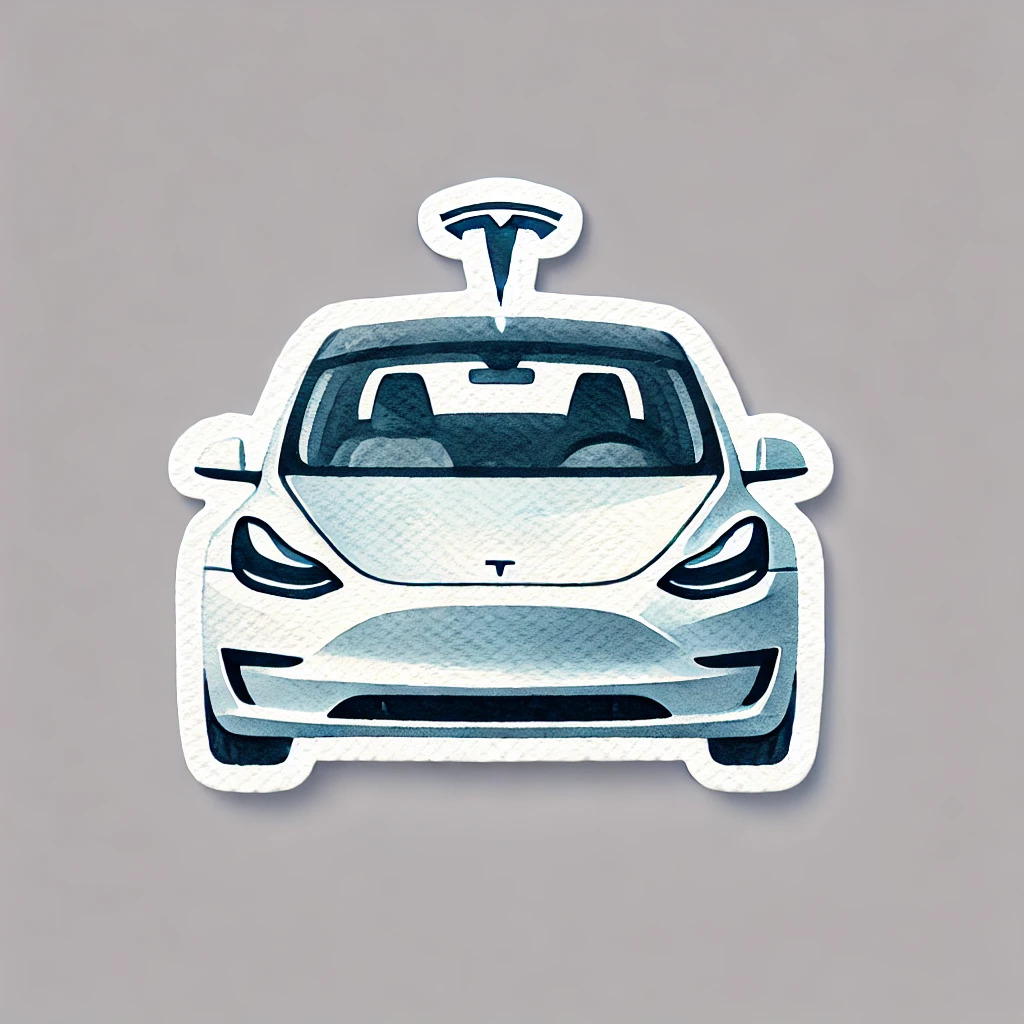Ah, Tesla – the brand that once had Germans salivating over its electric horsepower like a kid in a candy store. Now? Not so much. It turns out that Tesla has tumbled down the popularity ladder in Germany’s EV market, elbowed out by none other than local heavyweights VW and BMW. According to the latest figures from Germany’s Federal Motor Transport Authority, Tesla now ranks third, after leading the race through 2022 and the first half of 2023.
So, what happened? Well, let’s just say that while Tesla’s Model Y remains the most registered electric vehicle in Germany, BMW has still nudged ahead in total EV sales, and VW is sprinting miles ahead.
By October 2024, Tesla managed to log 31,461 new BEV (battery electric vehicle) registrations in Germany – respectable, sure, but still short of BMW’s 33,167. VW, meanwhile, sits smugly at the top with 49,234 registrations. For Tesla, whose success has leaned heavily on the Model Y (making up nearly 80% of their new registrations), this concentrated dependence is proving risky. BMW and VW, by contrast, have spread their sales across various models, appealing to a broader base and avoiding the “all-eggs-in-one-basket” trap.
Industry expert Ferdinand Dudenhöffer thinks Tesla will soon need to unleash discounts if it wants to keep its head above the BEV market waters in Germany. Otherwise, they’ll watch even more customers defect to brands that are pulling all the stops to attract not only individual consumers but also rental companies and corporate fleets. While Tesla has barely lifted a finger on this front, save for one measly sale on Model Y inventory, the competition has been making bank with a more strategic spread.
Image problem: The Musk factor
Then there’s the elephant in the room: Elon Musk himself. Martin Fassnacht, a professor of strategy and marketing at WHU (Otto Beisheim School of Management) in Düsseldorf, points to Tesla’s image as a key issue. Tesla was once “cool,” an edgy, futuristic brand – basically a “smartphone on wheels”. But nowadays, German manufacturers have stepped up their game, offering viable alternatives that are as smart and stylish as Tesla’s lineup.
In Germany, Musk’s somewhat controversial image isn’t exactly doing wonders for Tesla’s brand, either. Germans aren’t thrilled about Musk’s visible associations, from his support for Trump to his purchase of X (formerly known as Twitter). Fassnacht points out that Musk’s antics might be putting off German customers, who simply don’t want their wheels to come with a side of questionable public relations. And if Musk winds up with a major role in a potential Trump administration, the Tesla brand could be in for an even steeper uphill climb.

Once Tesla was Germany’s darling, now it’s looking more like a prom king who’s a little past his prime. The Germans have spoken, and it seems that being associated with Elon Musk – who, in the minds of many, is closer to a social media performance artist than a visionary – just isn’t worth it.
VW and BMW? They’re ready to take the reins, offering Germans not just electric vehicles, but something Tesla is starting to lack in this market: dignity.

Leave a Reply